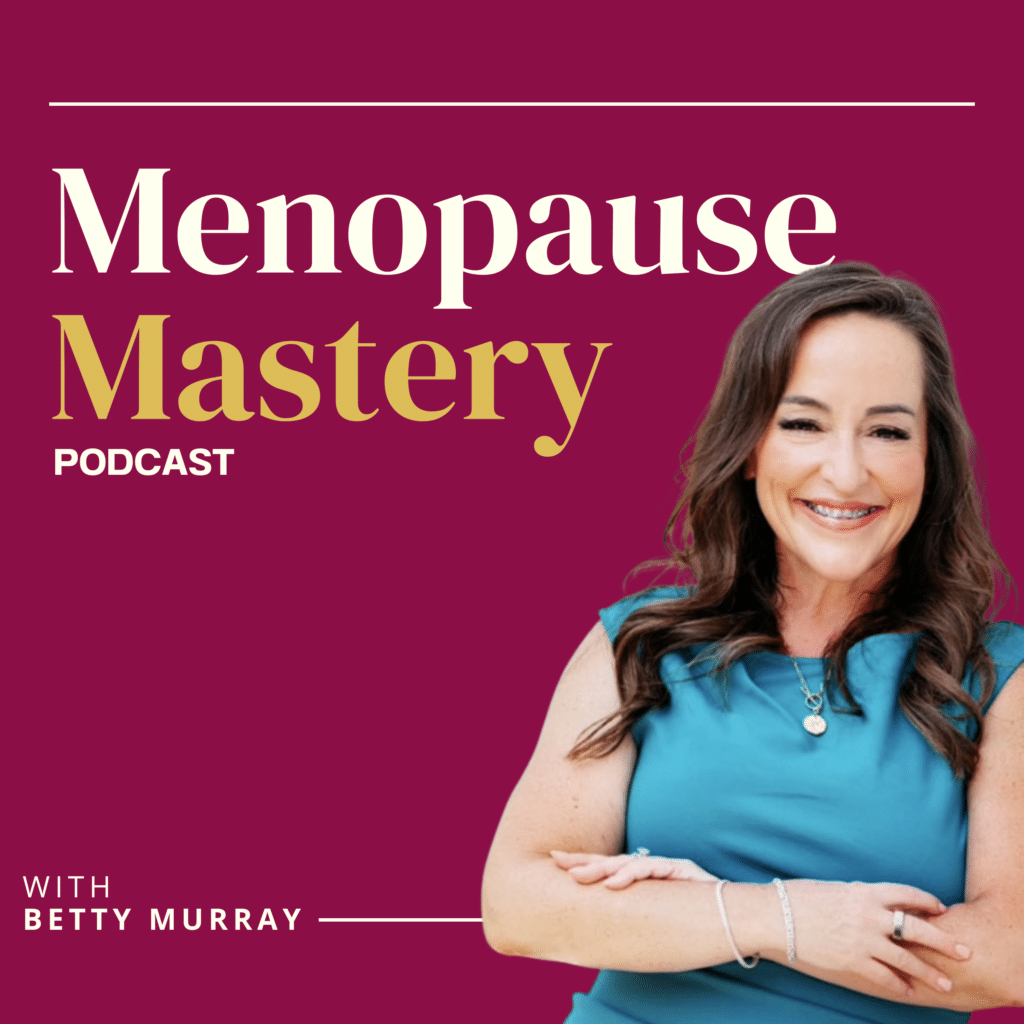Osteoporosis is a bone disease characterized by reduced bone density and quality, leading to weak and fragile bones that are more prone to fractures. While it is more common in women, men can also be affected. In this episode of the Menopause Mastery, I explore the various risk factors for osteoporosis and delve into some lesser-known factors that can contribute to bone loss.
We’ll explore the importance of calcium, vitamin D, and genetics in bone health. Discover the shadows cast by risk factors like sex hormone changes, aging, and lifestyle choices. Our exploration extends to the gut, kidneys, and estrogen metabolism, all woven into the fabric of bone vitality.
This episode isn’t just about listing risks—it’s also a guide through the maze of digestion and nutrient absorption, emphasizing their role in maintaining strong bones. I also emphasize the need for a well-rounded approach to osteoporosis prevention and treatment, addressing lifestyle factors, genetics, and gut health.
Whether you’re currently dealing with osteoporosis or want to prevent it in the future, this episode provides valuable insights and strategies for maintaining strong and healthy bones.
Key Takeaways:
[00:03:00] Focus on Osteoporosis
[00:04:20] Understanding Osteoporosis and Risk Factors
[00:06:55] Hormonal Changes and Bone Health
[00:08:40] Bone Density Peak and Decline with Age
[00:09:25] DEXA Scans and Bone Quality Assessment
[00:13:27] Nutritional Factors in Bone Health
[00:16:51] Lifestyle Factors Affecting Bone Density
[00:22:40] Genetic Implications in Osteoporosis
[00:30:33] Estrogen Metabolism Genes and Bone Health
[00:40:56] Kidney Function and Bone Metabolism
[00:43:03] Malabsorption, Leaky Gut, and Osteoporosis
[00:45:22] Recap and Preventative Measures
Memorable Quotes
“Poor dietary intake, poor dietary function, and digestive function over time is going to cause a loss of bone mineral density as well, just because your body can’t build something it doesn’t get, right? Those nutrients are essential.” – Betty Murray
“The reality is even if you’re at a point right now where you don’t have it, your risks go up as you get older. So it is, even if it’s not on the radar today, will eventually be on the radar later on.” – Betty Murray
Links Mentioned:
Free E-Book: A Woman’s Guide to Kick-Ass Sleep
FREE Quiz: Your Hormone Imbalance Type
Connect with Betty Murray:


